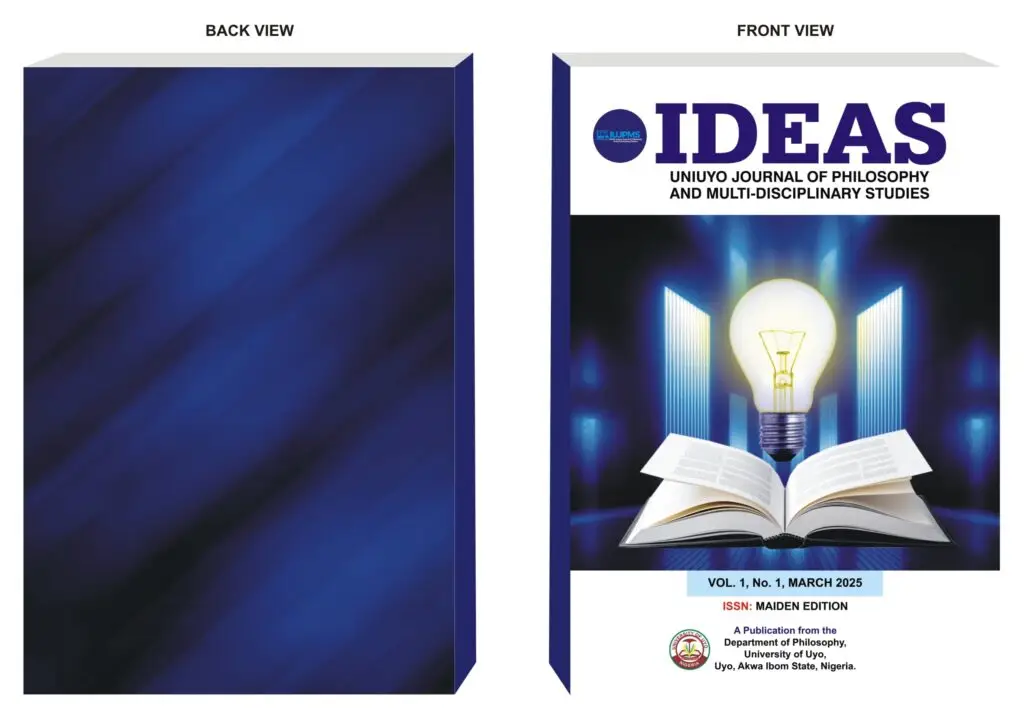The problem with moral luck is basically that luck has a lingering influence
towards the moral status of our actions. The crux of the question about
moral luck hinges on the question: can luck make a difference in what a
person is morally responsible for? Although many thinkers have
contributed immensely to the issue of moral luck, Bernard Williams and
Thomas Nagel argued that our moral status—how good or bad we are, and
how much praise or blame we deserve—is largely determined by factors
beyond our control. Accepting a phenomenon uncritically means
acknowledging that one can be praised or blamed for things beyond one’s
control. This goes against our most fundamental prospect of evaluating
moral actions where we have a deep attachment to the idea that we should
be judged morally only about what is within our control. But abandoning
the judgments and practices that seem to inevitably lead to these
phenomena would require a radical and perhaps almost impossible
modification of ordinary moral evaluation. This study, aimed to critically
and analytically evaluate moral luck, as discussed by Bernard Williams
and Thomas Nagel. The study noted that taking moral luck seriously may
create moral dilemma in decision making. It concluded that the idea of
moral luck makes moral agents reducible to fatalistic creations.
Written by
Prof. Idorenyin Esikot
idorenyinesikot@unuyo.edu.ng
Department of Philosophy, University of Uyo
Emem Fabian Etukudoh, Ph.D
ememfaby@gmail.com
Department of Philosophy, University of Uyo

